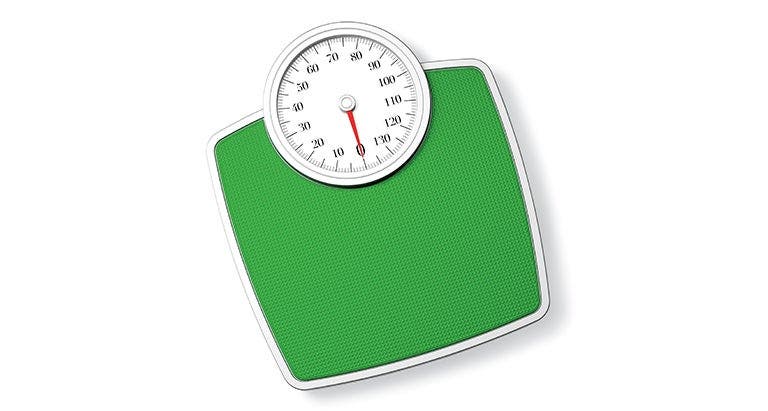Weight-Loss Myths Debunked


Shedding pounds can be challenging—and it can be doubly so when it’s tough to separate weight-loss fact from fiction. In the Weekly, we tackled such myths as “cut out carbs,” “certain foods can burn fat,” and “losing weight wrecks your metabolism.” Alas, they’re all fake news.
Let’s take a deeper dive into the truth behind some of these myths:
Myth: You should cut out carbs to lose weight.
Fact: Cutting out carbs may result in short-term weight loss—but any eating plan that banishes an entire category of food usually winds up feeling restrictive. Who can keep that going for the long term? What's more, you'll miss out on complex carbs—primarily whole grains like brown rice, quinoa, popcorn, oats, and farro—that deliver fiber and key nutrients, including protein. Other valuable carbs include sweet potatoes, corn, and peas. What you _might_ want to dial back on are the simple carbs that don't deliver much in the way of nutrition: primarily forms of sugar, including table sugar, honey, and corn syrup.
Myth: Certain foods can boost your metabolism.
Fact: No foods affect your metabolism in the long run. Chile peppers. Green tea. Apple cider vinegar. At one time or another, all have been touted as fat-burning or metabolism-boosting. They are, sort of—but in order to reap the benefits from these foods you have to eat a LOT of them for a LONG time—which is just not realistic.
Myth: My metabolism will be wrecked if I lose weight.
Fact: Lose weight at a steady, safe rate and your metabolism will adjust with you. When you lose weight quickly, your body struggles to make sure that your needs are met—breathing, brain power, and so on, and it adjusts metabolism to protect these basic life functions. So slow is the "weigh" to go! Staying physically active while also strength training a few times a week can preserve muscle mass, which also helps maintain your metabolism.
Myth: Late night eating leads to weight gain.
Fact: If you eat within your daily SmartPoints Target, it doesn't matter when you eat—unless, some research suggests, you eat large, mixed meals (cheeseburger and fries, for instance) at night.There are other reasons not to eat at night: It can disrupt your sleep cycles. What's more, you might not be hungry at breakfast—and that could mean you overdo it later in the day.
And here are a few more myths—busted!
Myth: Smoothies are a healthy option.
Fact: For weight loss, smoothies are not always the best choice. Although smoothies can be chock-full of healthy ingredients such as nonfat yogurt, fruits, and vegetables, they're concentrated sources of calories that you tend to take in quickly because you drink rather than eat them. You're likely to feel more satisfied if you eat the ingredients whole as opposed to liquefied.
Myth: Working out is the best way to lose weight.
Fact: Exercise by itself has many health advantages, but weight loss is not one of them. Studies have shown that working out without cutting calories doesn't really affect weight loss. What _does_ help: pairing a healthy eating plan (hello, SmartPoints®!) with exercise on most days of the week; that can help you lose _and_ maintain weight loss. If you want to gain and maintain muscle mass (which also helps burn calories), throw some strength training activities in the mix. And if you're at a weight-loss plateau, adding activity might help get the scale moving again.
Myth: Superfoods are better for you.
Fact: So-called "superfoods" like Brussel sprouts, acai, pumpkin seeds, and so on do have nutritional value, but often it's only when they're eaten in their purest form—which is not always not readily available. Besides, no one food by itself can keep you healthy. It’s the combination of foods that are best for health.
